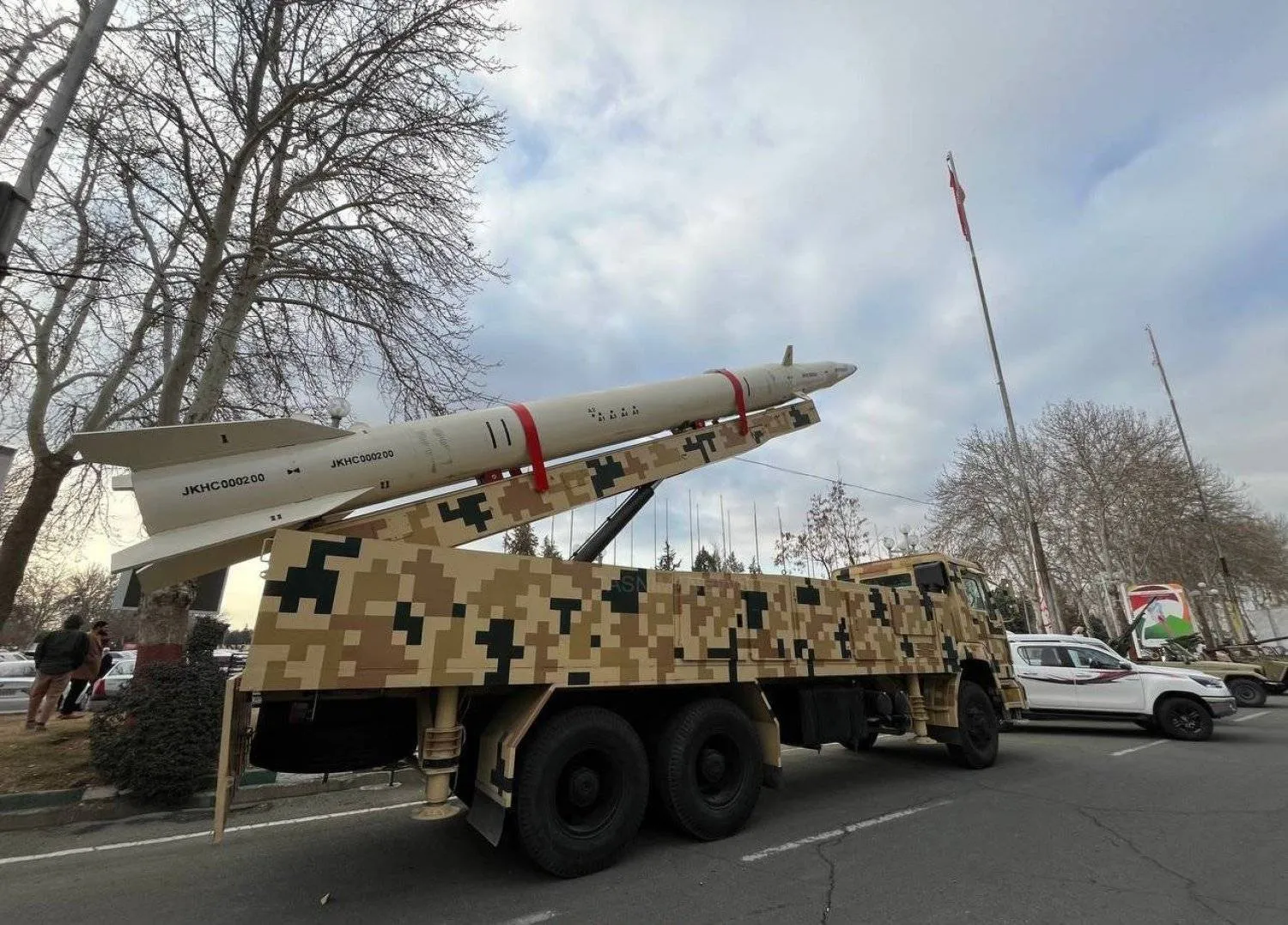Iran hinted at a decisive and immediate response to any US threat to attack its territory, and Foreign Minister Hossein Amirabdollahian called on the Joe Biden administration to stop using the language of threat and focus on political solutions.
Amirabdollahian affirmed that Tehran's response to all threats would be "prompt and decisive," the official IRNA news agency reported on Thursday.
On Tuesday, Biden announced he had decided how to respond after the killing of three US service members Sunday in a drone attack in Jordan, which is likely to take the form of "several" retaliatory operations.
The deadly attack on US forces was enough to revive criticism in both the Republican and Democratic parties of Biden's strategy towards Iran.
Biden said he held Iran responsible for supplying the weapons to the people who carried out the deadly attack on a military base.
The Democratic president, facing intense pressure from his Republican opponents to respond firmly to Tehran, did not provide further details.
However, US National Security Council spokesman John Kirby later told Air Force One reporters it was possible to witness a tiered approach here, not just a single action but potentially multiple actions.
In response to Biden, Iran's Revolutionary Guard Corps (IRGC) commander Hossein Salami said enemies raise the threat and "nowadays we hear some threats in between words by US officials."
"We tell them that you have experienced us and we know each other. We do not leave any threat without an answer."
Salami asserted that Iran was not seeking war but would defend itself and was not afraid of war.
Western powers, led by the US, claim the IRGC sponsors armed groups waging a regional proxy war for Tehran.
Hours before the IRGC commander's warning, Iran's UN permanent representative and ambassador, Amir Saeed Iravani, asserted Tehran's unwavering commitment to retaliate decisively against any attack on the country, its interests, or its nationals under any pretext.
Iran asserted that any attack on its soil is a "red line" and will be met with an appropriate response.
Iravani refuted claims attributed to unnamed Iranian sources that Tehran received messages from the White House via third parties following the attack on the US base in northeastern Jordan.
The Iranian diplomat sent a letter to his French counterpart, whose country holds the rotating presidency of the Security Council, saying that his country does not bear responsibility for actions by any individual or group in the region.
The letter responded to the US envoy's Friday letter, in which "unwarranted" accusations were leveled against Iran.
Iravani noted that the US envoy's letter contained "unwarranted references alleging that militia groups affiliated with the Islamic Republic of Iran's armed forces are involved in actions against US personnel and facilities in Iraq and Syria."
On Tuesday, Kataib Hezbollah announced the suspension of its military operations against US troops in the region in a decision aimed at preventing the "embarrassment" of the Iraqi government.
Iran did not comment on the statement, especially after the group distanced Tehran from their attacks, saying they had carried out the attacks at their "own will, and without any interference from others."
"On the contrary, our brothers in the axis – especially in the Islamic Republic – do not know how we work jihad, and they often object to the pressure and escalation against the US occupation forces in Iraq and Syria," the group added in the statement.
Meanwhile, the Syrian Observatory for Human Rights (SOHR) reported that the IRGC ordered its pro-Iranian militias in Syria, especially in the Deir ez-Zur region, to stop their activities against US bases in the country.
The Observatory stated that forces have been in a state of alert for two days in all sites of the pro-Iranian factions in the Syrian desert and Deir ez-Zor.
In response, US Defense Department spokesman General Pat Ryder said at a press conference in Washington that "actions speak louder than words."
"I don't think we could be any more clear that we have called on the Iranian proxy groups to stop their attacks. They have not. And so we will respond in a time and manner of our choosing," said Ryder.
US sites have been subjected to several strikes in the Middle East since the start of the war between Israel and Hamas, but it did not announce any casualties before Sunday.
The US military responded to the strikes by targeting pro-Iranian groups in Iraq and Syria, just as it targeted the Houthi rebels in Yemen.
Last month, Iran launched missile and drone attacks on Iraq, Syria, and Pakistan and targeted an Israeli "spy headquarters" in the Kurdistan region of Iraq.
Iran Warns: No US Threat Will Go Unanswered

The IRGC displays the Kheibar Shekin ballistic missile in central Tehran (Tasnim)

Iran Warns: No US Threat Will Go Unanswered

The IRGC displays the Kheibar Shekin ballistic missile in central Tehran (Tasnim)
لم تشترك بعد
انشئ حساباً خاصاً بك لتحصل على أخبار مخصصة لك ولتتمتع بخاصية حفظ المقالات وتتلقى نشراتنا البريدية المتنوعة







